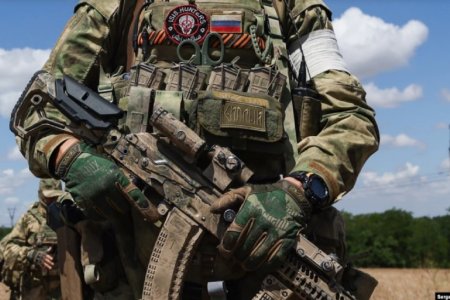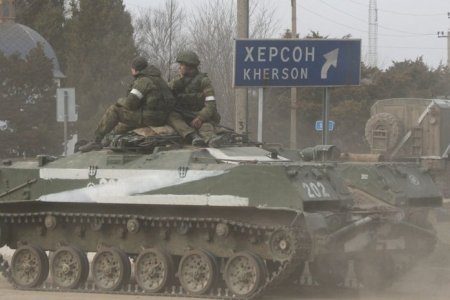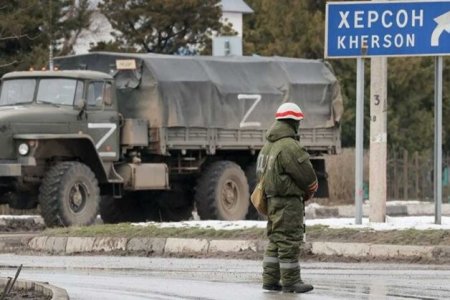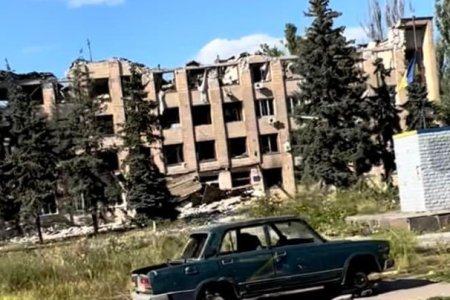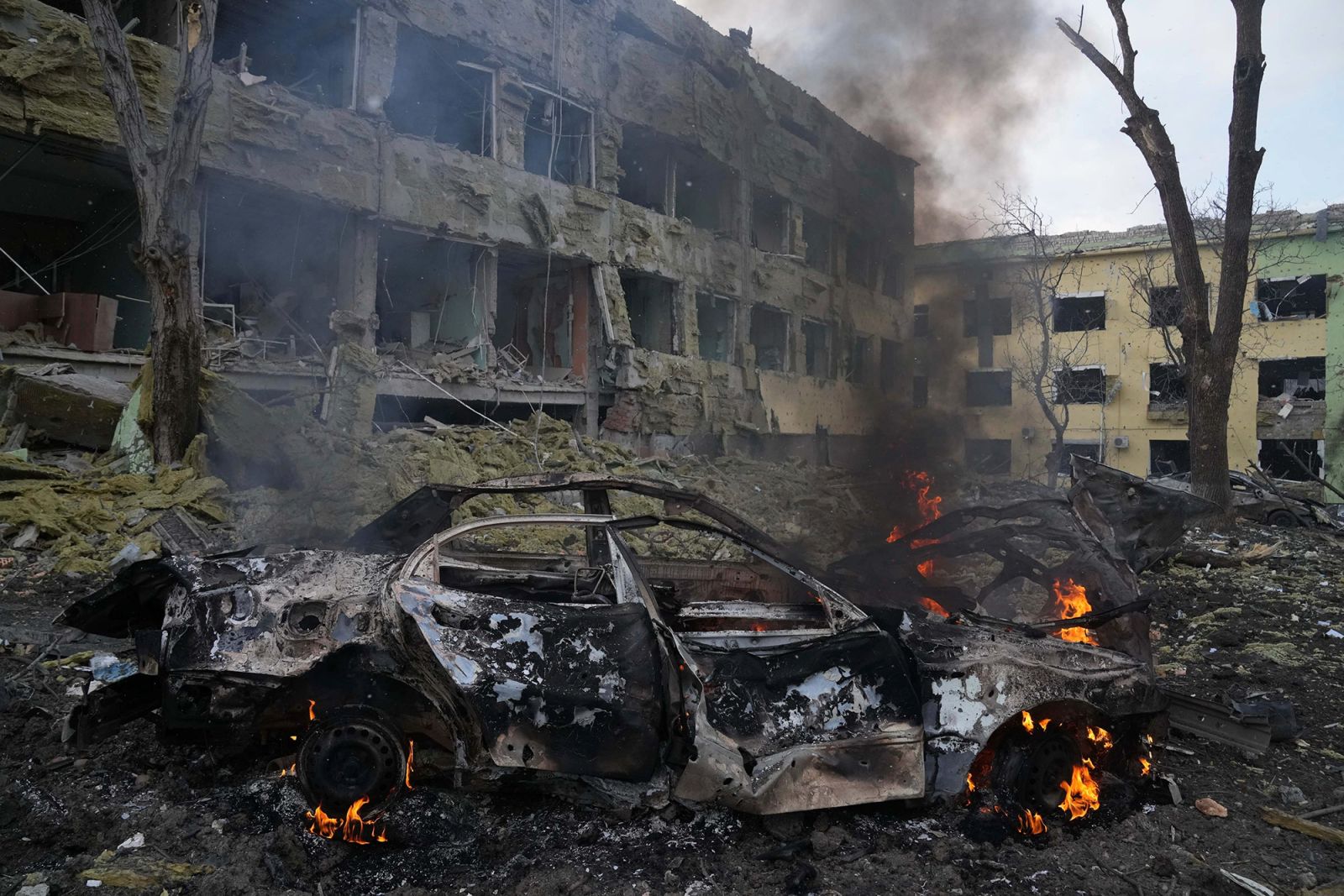
On 14 November, the UN General Assembly adopted a resolution calling for Russia to pay war reparations to Ukraine. The resolution comes after eight months of deliberate and massive damage to entire Ukrainian regions, to critical infrastructure and the environment, as well as a huge death toll. The resolution coincided with information about the beginning of probes into Russian crimes in liberated parts of the Kherson oblast, with Ukrainian President Volodymyr Zelensky reporting that investigators were already away of 400 war crimes. The following day, Russia launched one of its worst missile strikes on multiple Ukrainian oblasts since its full-scale invasion in February.
The resolution on 14 November was co-sponsored by Ukraine and nearly 50 other countries, and supported by 94 countries, with 14 against and 73 abstaining (including Israel and Malaysia, one of the countries that lost most citizens when MH17 was downed by a Russian missile over occupied Donbas in 2014). The resolution is about establishing an international mechanism to compensate for damage, loss and injury, as well as a register to document evidence and claims.
The resolution was adopted at the resumption of the UNGA’s emergency special session. The latter was first initiated on 28 February, four days after Russia began its full-scale invasion of Ukraine. Such emergency special sessions on issues of international peace and security are possible where the Security Council cannot reach unanimity, since the five member states which, unfortunately, include Russia, all have power of veto. Regrettably, none of these resolutions are binding on those countries, like Russia, that choose to flout them and international law.
In presenting the resolution, Ukraine’s Ambassador Serhiy Kyslytsia noted that Russia had, back in 1991, supported the creation of the UN Compensation Commission. That was set up following Iraq’s invasion and occupation of Kuwait, and paid out over $52 billion in reparations to victims.
Russia is now responsible, yet wants to escape accountability for “bombings targeting residential buildings and infrastructure, the demolition of nearly half of the power grid and utilities, massive displacement, and atrocities such as murder, rape,
Russia’s invasion began, of course, in 2014, however the reaction of the international community, while clear-cut in refusing to recognize Russia’s illegal annexation of Crimea, was less unequivocal when it came to Donbas. That situation changed radically on 24 February when Russia openly invaded and began bombing and shelling civilian, as well as military targets. The International Criminal Court [ICC] had begun investigating likely war crimes within just over a week of Russia’s invasion of Ukraine with ICC teams on the ground in Ukraine since March.
The UNGA resolution was adopted on a day that saw President Zelensky visit Kherson for the first time since it was liberated on 11 November, and a briefing from Ukraine’s Prosecutor General. Andriy Kostin, on the beginning investigation in liberated parts of Kherson oblast.
It is not clear where Zelensky had the figure of 400 war crimes from, but there is already ample evidence of crimes committed during the eight months of Russian occupation, with these including abductions, torture and extrajudicial killings, and much more. The bodies of many Ukrainian civilians were found after they were taken away by Russian soldiers, with at least two of the victims – Denys Myronov and Vitaliy Lapchuk – having suffered horrific torture. Several people living in occupied parts of the Kherson oblast were both tortured and illegally taken to occupied Crimea, where some have been ‘sentenced’ to up to ten years in kangaroo court ‘trials’. Just on 15 November, the Prosecutor General’s Office reported that the bodies had been found of a farming couple from the settlement of Arkhanhelske in the Vysokopillya Territorial Hromada. The man and woman are believed to have been killed by the Russians in their own cellar. We already have ample witness testimony confirming that the Russians imprisoned, tortured and, in some cases, killed civilian hostages in occupied Bilyaivka.
At his briefing in Odesa oblast on 14 November, Kostin explained that measures were still underway in Kherson oblast to remove the mines that the Russians left everywhere, etc. Nonetheless, ten mobile groups were already working on documenting crimes, with the figure set to increase to thirty during the next week. Prosecutors and investigators are actively working in sixteen ‘base’ criminal proceedings, he said.
Kostin mentioned that they would be inviting investigators from the Netherlands to take part in their investigation in Kherson oblast. He added that over 40 colleagues from the Netherlands were already working in Ukraine, with this through the support of the International Criminal Court’s Office of the Prosecutor. Some of the Dutch team are currently working in Kharkiv oblast, where the Russians set up well over 20 torture chamber prisoners, and where, in Izium alone, the bodies of hundreds of victims have been exhumed.
Kostin spoke of plans for similar cooperation for these mobile groups with Poland, Slovakia and Spain, and gave details of the major role France had played from the outset. French criminal investigators, ballistic experts and chemists had been involved in examining the places where the Russians committed the largest-scale war crimes in Kyiv oblast. They had brought a mobile DNA laboratory with them, enabling swifter identification of the Russians’ victims, first in Kyiv oblast, then in liberated parts of the Kharkiv oblast.
The French team, Kostin noted, had, of their own initiative, become involved in examining the horrific shelling of a civilian convoy near the village of Kurylivka (Kharkiv oblast) on 25 September. Among the 28 civilians killed when the Russians opened fire on the convoy of six cars were 13 children and a pregnant woman. The few survivors say that they were shot at as they tried to flee after the initial shelling.
The discovery of that crime coincided with Russia’s missile strikes on a humanitarian convoy heading from Zaporizhzhia to occupied parts of the Zaporizhzhia oblast. Over 30 civilians, who were trying to take humanitarian aid to family living under Russian occupation, or, in many cases, coming to get relatives or friends out, were killed.
There are, unfortunately, no grounds for expecting anything different in the parts of Kherson oblast which have now been liberated.
